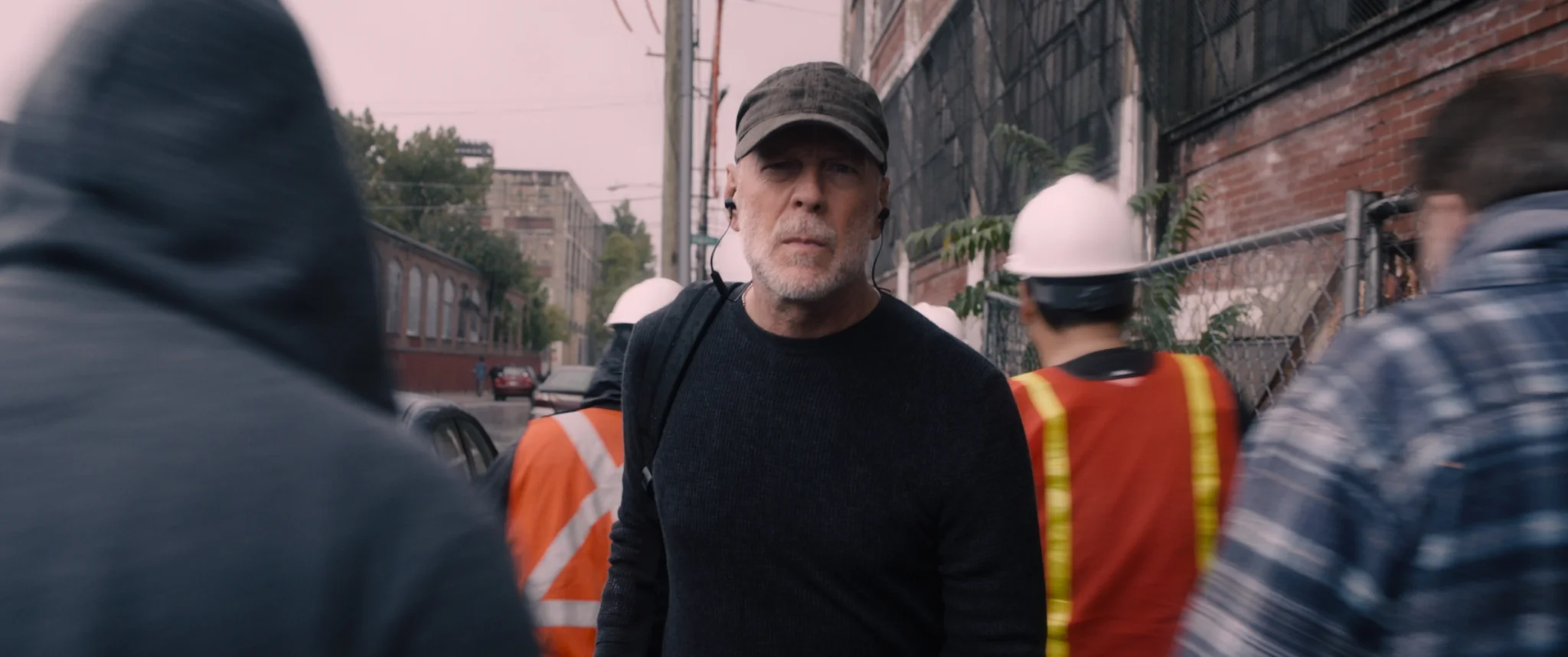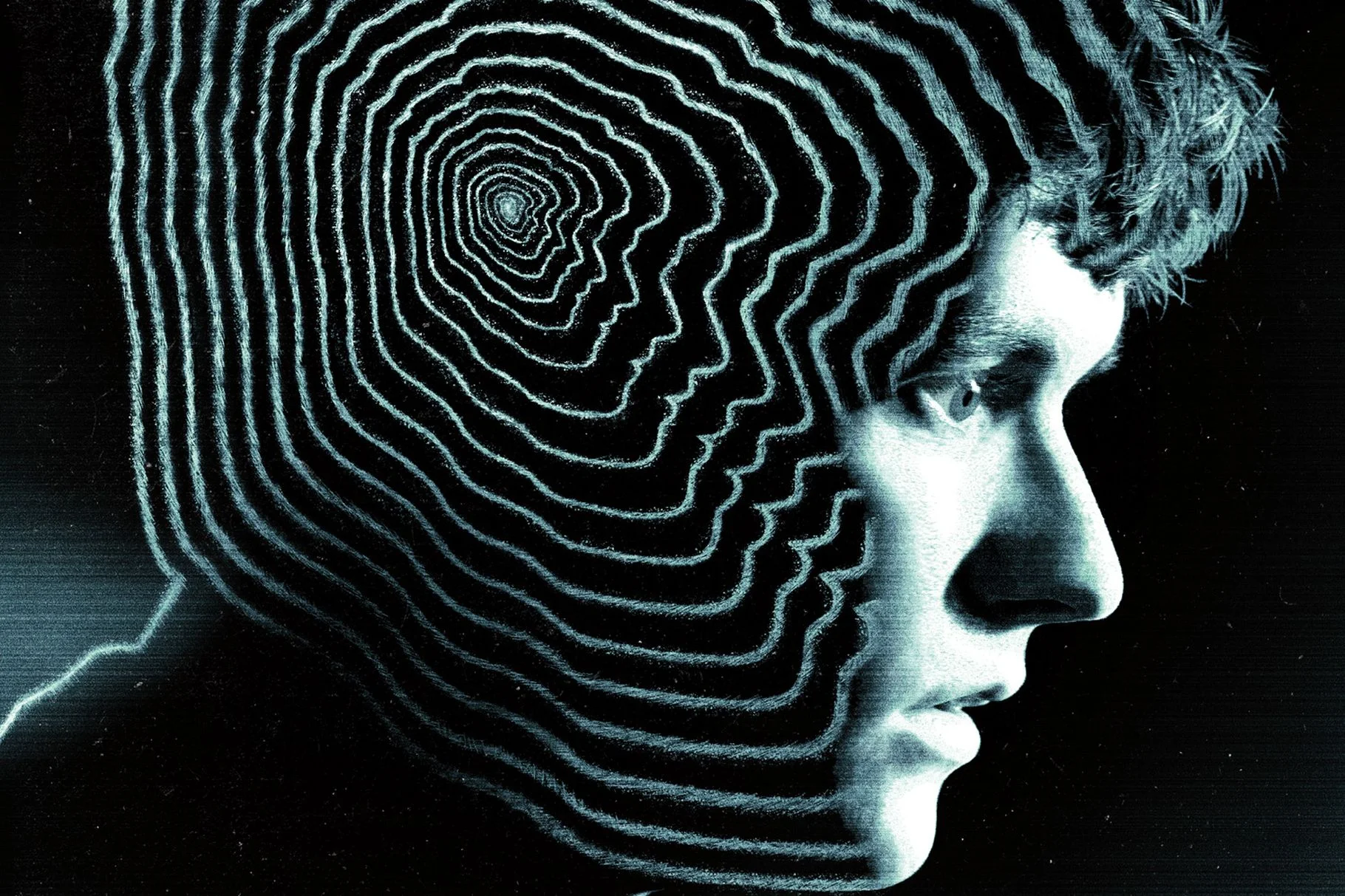I Still Haven't Recovered from Glass
[This review contains mild spoilers]
Well, in all fairness to Glass, I binged both Unbreakable and Split the night before the premiere, so I haven't recovered from all of it.
First things first, DON'T watch this movie if you haven't seen Unbreakable and Split first, in that order. No "haha no big deal" attitude, you piece of garbage. No getting the cliff notes from your friends as you're buying popcorn outside the theater because OF COURSE you didn't even do your lazy-version due diligence to read the movies' Wikipedia pages that morning. If you're not going to watch Unbreakable and then Split, then save yourself the time, the overpriced cinema ticket money, and get in the trash. I have no sympathy for people like you. You probably don't even take boardgame rules seriously. You probably think Mafia is better than Werewolf. I just.
You cannot possibly fall in love with Glass, which is already a tough feat on its own if you've read any review of the film, without having taken in and invested your emotions into the characters of Unbreakable and Split.
Anyway.
In a time when M. Night Shyamalan's name has become more of a meme than a person, it was refreshing to get schooled on the director's impact on the contemporary film with Unbreakable.
I usually like to look up reviews and read up on some discussion before writing up on something that filled me with a lot of emotion like this movie did, but having already seen that the film didn't fair very well critically, I opted out. Maybe after I state my opinion publically, I'll be able to freely delve into the online discussions and be persuaded in different directions.
Before I get into Glass, I want to address the thorn in my side re this trilogy(?): the villainization of mental illness. There's a lot of in-film stigma and underlying terror associated with patients of the more "severe" mental disorders like schizophrenia, dissociative identity disorder (DID), antisocial personality disorder, and - in some cases - bipolar disorder. The illusive dissociative identity disorder lends itself to the supernatural. I do appreciate the accuracy in noting that the disorder often manifests as a response to childhood trauma, but I resent the fact that Split made it seem like DID is considered a "debatable" disease by the scientific community, and that the in-film psychiatrist is struggling to have her peers take her seriously. Yes it’s subject to much debate in a court of law, but Dissociative Identity Disorder is not some "bigfoot" disease.
Moving on, they should've just brought in Dan Stevens since he's already Legion, amirite? It's appropriate though to have Legion's father do it instead... Ha. Wink. Anyway no James McAvoy is incredible.
I only just watched Unbreakable and Split last week but, contrary to what I thought would happen, Unbreakable was the movie that stuck with me and left an impact. Is it because of Bruce Willis? Is it the nuance in exploring how superhero themes play out "in the real world" - not unlike Watchmen by Alan Moore? Maybe it was Unbreakable's quiet delivery up until the very end, in contrast to Split's big (and excellent) performance.
It was probably Bruce Willis.
In the trilogy, it felt like Unbreakable struck the emotional chord, Split punched you in the brain, and Glass was the final downhill ride on the rollercoaster that is this weird universe.
I'm writing this as a movie review (?), but I can't tell you how you're going to feel about this movie. I feel like the films' intentions have to hit you in ONE exact and precise way in order for that emotional PEAK to actualize within your soul at the end of Glass, and to have that kind of formula spread out over three movies released in the span of 19 years, that's a difficult mark to hit. So, I get that. But I don't know what to tell you, the trilogy got to me, and I have not recovered. And I'm so glad.
Thematically, I appreciated the consistency of concept carried through in all three movies. Yes, I know that the movies are in the same universe so naturally, there needs to be consistency, but it's not easy to make it seem like you deliberately planned it this way 20 years ago. Shyamalan took one concept in Unbreakable, created the opposite mirror image in Split, and then brought them face-to-face in Glass. From Split onwards, there's a relatively good exploration of mental illness. The flip in the typically-interpreted definition of "purity" is - for lack of a better word - refreshing. Reframing brokenness into a sign of superhuman strength feels like an intuitive way to redefine one's trauma and give it meaning beyond its tragedy, a phenomenon that, when approached through healthy means of coping, is known as post-traumatic growth.
Glass is definitely flawed, in that annoying "this seems like an extremely unrealistic chain of events" kind of way. I repeatedly bemoaned the completely nonsensical lack of professionalism by the psychiatric hospital in this film; it seemed to be deliberately written this way for the sake of moving the plot forward (although granted, the reasoning became a little clearer by the end of the film). I also disliked that it had some of that on-the-nose expositional dialogue (especially at the end in the restaurant WOW that's not how humans talk). I hated the ending until I loved it.
When it comes to cinematography, Unbreakable is the standout, but the two movies do carry the template along into the end of Glass, with nods to each other here and there, albeit less powerfully. I don't remember how I felt about the score in the first two movies, but Glass's sound knocks it out of the park.
I love Bruce Willis.







